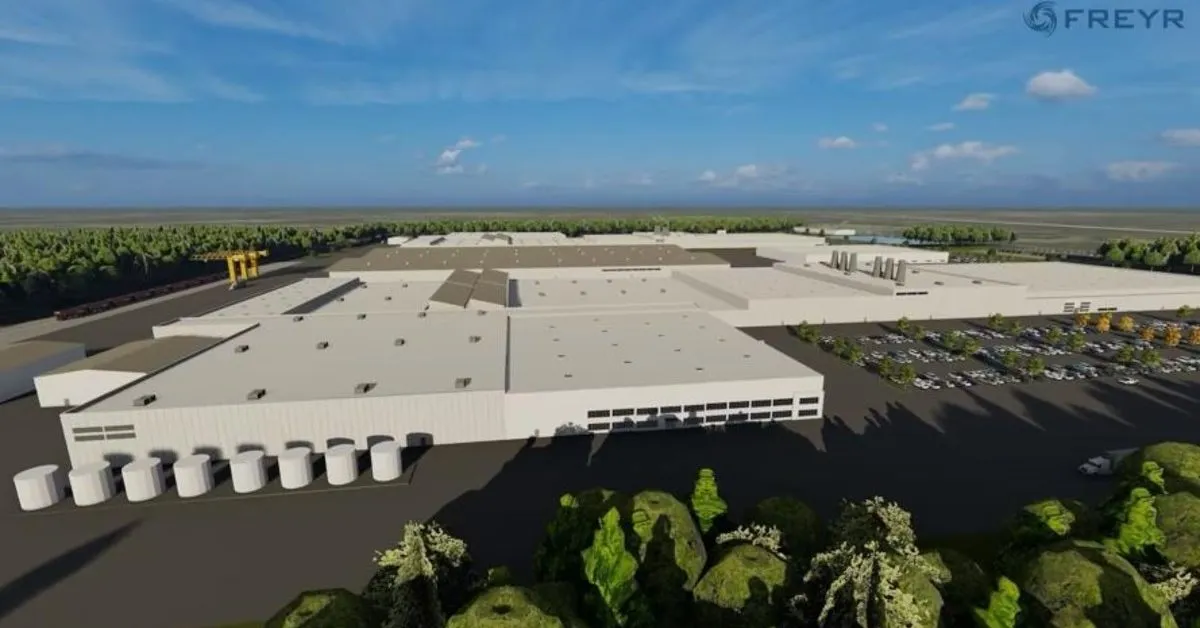
According to a recent analysis by E2 and the Clean Economy Tracker, more than $14 billion in renewable energy and electric vehicle (EV) investments have been scrapped or put on hold since January. This alarming trend is largely fueled by growing concerns that the Republican-majority Congress might eliminate federal clean energy tax credits, which are vital for the industry’s growth.
In April alone, companies retracted commitments for $4.5 billion in battery, EV, and wind projects, coinciding with the House’s passage of a sweeping tax and spending bill aimed at dismantling the federal tax incentives that have been driving the clean energy boom. E2's report also uncovered an additional $1.5 billion in project cancellations that were not previously reported, highlighting the significant impact of the current political climate on the clean energy sector.
As the Senate gears up to discuss the so-called “One Big Beautiful Bill Act,” the ramifications are already being felt, with over 10,000 clean energy jobs reportedly disappearing. Michael Timberlake, E2’s communications director, expressed grave concerns: “If the tax plan passed by the House last week becomes law, expect to see construction and investments stopping in states across the country as more projects and jobs are canceled.” He emphasized the importance of clean energy in meeting America’s growing energy demands and its role in driving economic growth.
Ironically, it is Republican-led congressional districts that are bearing the brunt of these cancellations, despite being the largest beneficiaries of the Biden administration’s clean energy tax credits enacted in 2022. To date, over $12 billion in investments and more than 13,000 jobs have been cut in these GOP districts. Notably, 61% of all clean energy projects, 72% of jobs, and 82% of investments have been concentrated in Republican areas.
Even amidst this uncertainty, some companies are continuing to invest in clean energy. In April, nearly $500 million in new clean energy investments were announced across six states. This includes a significant $400 million expansion by Corning in Michigan to produce solar wafers, promising to create at least 400 jobs. Additionally, a Canadian solar equipment company is investing $9.3 million in North Carolina, with the potential for nearly 3,000 permanent jobs across seven announced projects.
Since the passage of the Inflation Reduction Act in August 2022, E2 has tracked 390 major clean energy projects across 42 states and Puerto Rico, representing planned investments of $132 billion and the potential to hire 123,000 permanent workers. However, the report warns that this momentum could be jeopardized if the House tax plan is enacted. Since the introduction of the clean energy tax credits, 45 announced projects have been canceled, reduced, or entirely shut down, leading to a loss of nearly 20,000 jobs and $16.7 billion in investments.
Adding to the concerns, the Trump administration's Department of Energy recently announced the termination of over $3.7 billion in funding for carbon capture and sequestration (CCS) and decarbonization initiatives. Of the 24 projects awarded through the DOE’s Industrial Demonstrations Program (IDP), 18 are now at risk. This program, established by the Inflation Reduction Act, was designed to enhance the economic competitiveness of U.S. manufacturers in global markets increasingly focused on low carbon emissions while supporting American jobs.
Jason Walsh, Executive Director of the BlueGreen Alliance, criticized the DOE's decision, stating that the projects targeted for cancellation are predominantly located in rural areas and red states. He emphasized that American manufacturers are eager to collaborate with the federal government to strengthen U.S. industry. The IDP received an overwhelming response, with $60 billion worth of applications, indicating a ten-fold oversubscription.
In conclusion, as the future of the clean energy sector hangs in the balance, it is crucial for stakeholders to advocate for policies that support sustainable growth and job creation in this vital industry. If you are interested in making your home more resilient to power outages, consider investing in solar energy and adding a battery storage system. To find a trusted solar installer that offers competitive pricing, check out EnergySage, a free service that connects you with pre-vetted solar installers, ensuring high-quality solutions while saving you 20-30% compared to going it alone.